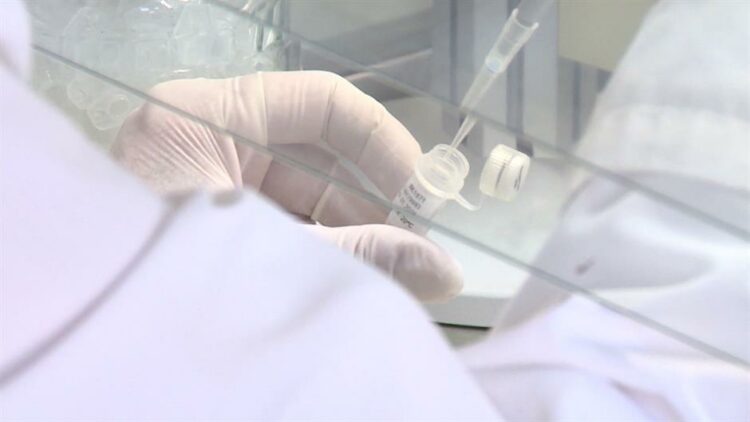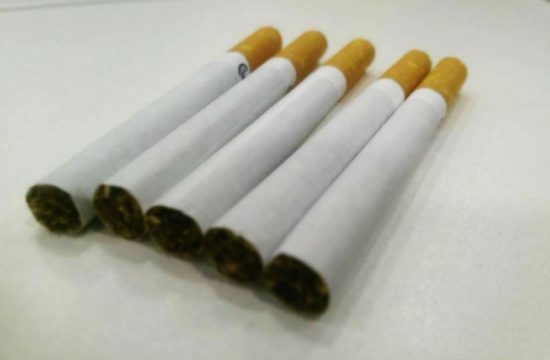
Infectious disease experts from the National Institutes of Health and the Fred Hutchinson Cancer Research Center said the chances of developing a successful Covid-19 vaccine by January is an extremely ambitious challenge, but it’s possible.
“Everything will have to go incredibly perfectly if that's going to happen,” said Dr. Larry Corey, a leading expert in virology, immunology and vaccine development and a member of Fred Hutch’s vaccine and infectious disease division. “Obviously the first vaccine out of the box, which is this RNA vaccine, whether it's Pfizer or Moderna, are going to have to work terrifically well to get an answer by January.”
“The higher the efficacy or the better the efficacy, the shorter the time is needed to show that a vaccine actually shows an effect as the number of cases occur are much fewer in the vaccine group than they are in the placebo group. So, could that potentially happen by January? Yes, it could potentially happen by January,” Corey added.
Vaccine trials are now underway and Corey said they will require the cooperation and collaboration of the pharmaceutical industry, academia, research centres, the biotech industry and the NIH.
The only thing that matters at the end of the day is the vaccine data, said Dr. John Mascola, the director of the Vaccine Research Center at NIH’s National Institute of Allergy and Infectious Disease, who was also part of the town hall.
“All the vaccine scientists in the world, political scientists in the world can make predictions or be encouraged by the data, but the only data that matters at the end of the day is if we do a placebo-controlled study and can confidently say the vaccine works, it reduces the risk that somebody gets severe Covid,” Mascola said.




